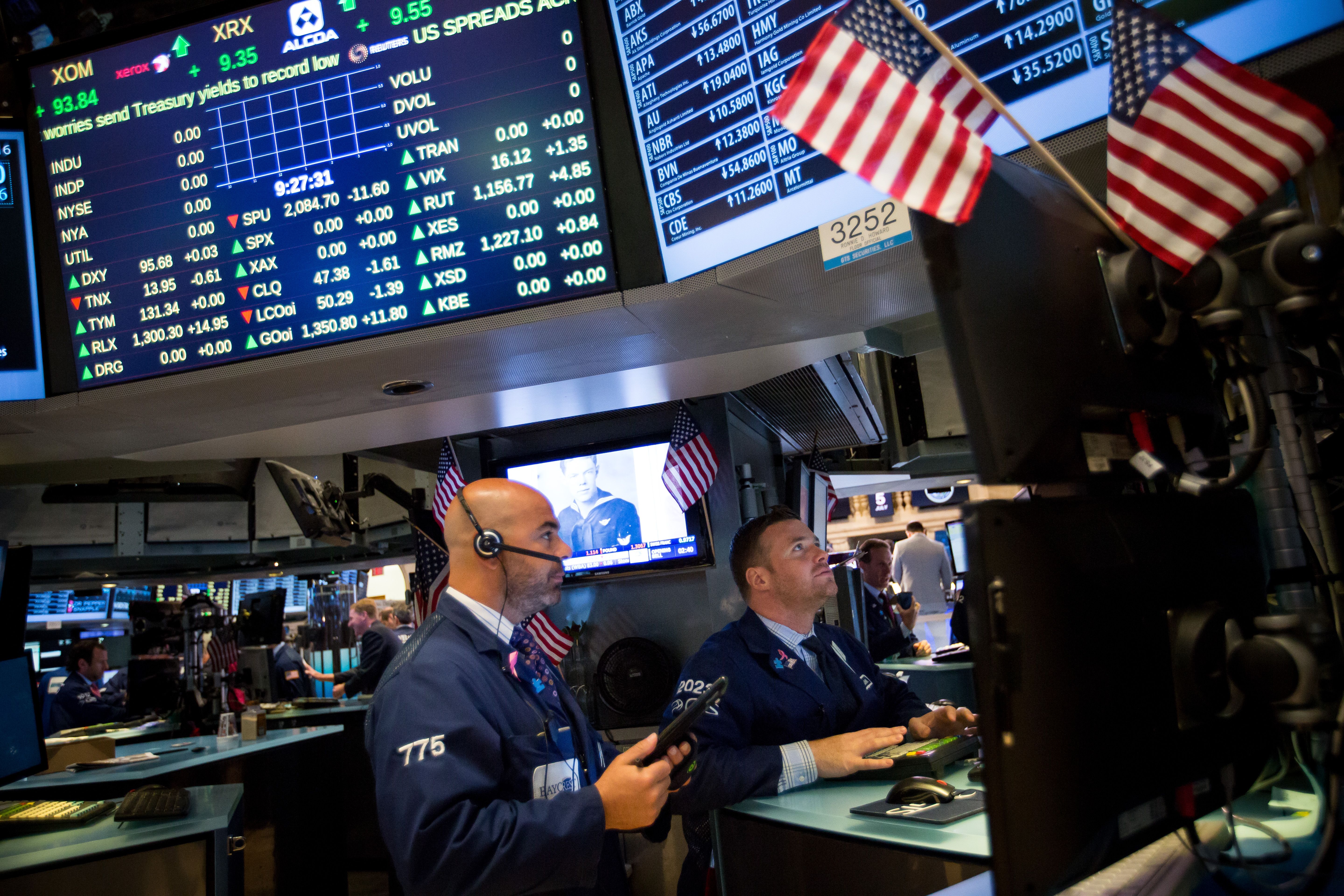World stocks market, on Wednesday, May 30,was battered as Asian stocks extended a global sell-off following Italy’s political crisis rippled across financial markets, toppling the euro to a 10-month low, pushing up borrowing costs for Rome and sending investors into safer assets such as U.S. Treasuries.
MSCI’s broadest index of Asia-Pacific shares outside Japan tumbled 1.4 percent, while Japan’s Nikkei average sold off 1.5 percent to a six-week low.
Chinese shares also headed south, with the Shanghai Composite index down 1.4 percent. South Korea’s KOSPI and Australia’s S&P/ASX 200 slipped 2.0 percent and 0.5 percent, respectively.
Financial spread-betters expected a mixed opening in Europe, with London’s FTSE to open 5 points lower at 7,627, Frankfurt’s DAX to open 5 points higher at 12,671 and Paris CAC to open down 3 points at 5,435.
The sharp downturn in Asia followed from an equally harsh session on Wall Street on Tuesday, where the Dow Jones Industrial Average fell 1.6 percent, the S&P 500 lost 1.2 percent and the Nasdaq Composite dropped 0.5 percent. The financial sector took the hardest hit.
Investors fear that repeat elections in the euro zone’s third-largest economy – which could come as soon as July – may become a de-facto referendum on Italian membership of the currency bloc and its role in the European Union.
“The way Italy’s short-term debt yields are spiking makes you think default risk is on radar in the market. It tells how grave the situation is,” said Makoto Noji, senior strategist at SMBC Nikko Securities.
“What the markets are starting to factor-in is not a default per se but an early election leading to a victory of eurosceptics and an exit from the euro.”
Short-dated Italian bond yields – a sensitive gauge of political risk – soared 1.5 percentage points from Monday to their highest since 2013 in their biggest move in nearly 26 years.
Safe-haven U.S. Treasury bonds and German bunds rallied, as did the Japanese yen, the U.S. dollar and gold. The euro fell against the Swiss franc, Japanese yen and U.S. dollar, nearing $1.15 and touching its lowest point since July.
U.S. 10-year Treasuries were yielding 2.817 percent in the Asian afternoon, edging up from the U.S. close of 2.768 percent, while S&P futures rose 0.2 percent.
Earlier this week, there was talk that a new vote in Italy would not be held until late this year or early 2019, prolonging the uncertainty.
Kerry Craig, a global market analyst at JPMorgan Asset Management, noted that Italy’s economy is in better shape that it was in 2011 when the euro zone was mired in a debt crisis.
But, he added, “Completely dismissing the risk that Italy poses would be an unwise move, especially given how the next election may play out and the prospect of a stronger eurosceptic position.”
In Asia, traders also fretted over the on-again, off-again U.S.-North Korean summit and the U.S.-China trade relationship.
The United States said on Tuesday that it would continue pursuing actions on trade with China, prompting Chinese state media to slam the U.S. announcement.
Emerging market stocks lost 1.2 percent, marking a new low point for the year, under continued pressure from a rising U.S. dollar for countries that often borrow in that currency.
Indonesia’s central bank is holding an out-of-cycle policy meeting on Wednesday, and is expected to raise its benchmark interest rate for the second time in two weeks, according to a Reuters poll.











